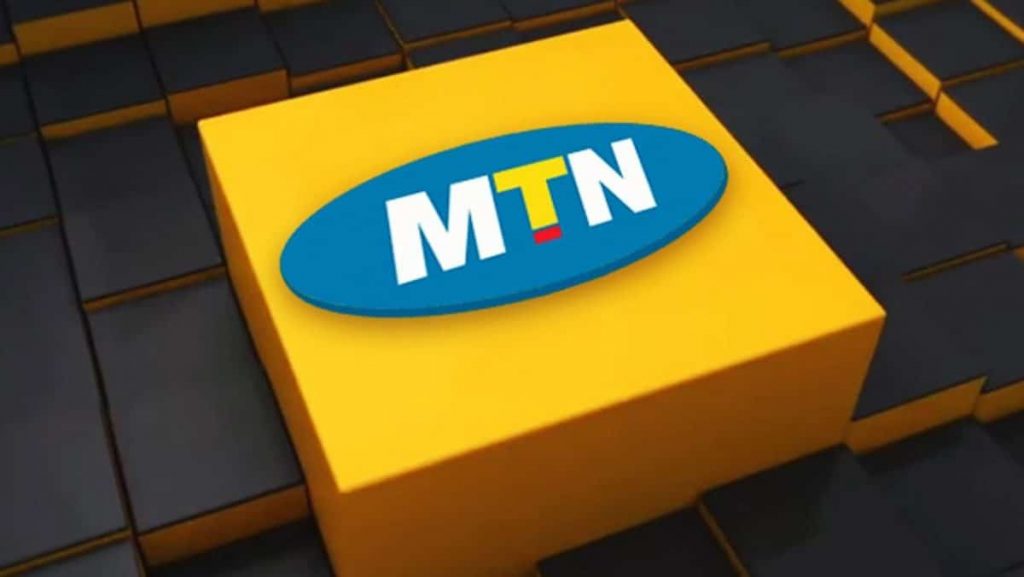MTN, Dangote, BUA, FBN Holding, Others Lose N1.6 Trillion Over FX Crisis
3 min read
President Bola Tinubu‘s administration in what was initially hailed as a decisive action took the bold steps of scrapping petrol subsidies and unifying Nigeria’s foreign exchange windows, drawing praises globally for showcasing political will.
The former president of the World Bank, David Malpass, lauded these policies as “important steps toward currency stability, lower inflation, and reduced corruption” in Africa’s most populous nation.
However, the anticipated benefits of these reforms have been overshadowed by the tough operating environment they inadvertently created for businesses in Nigeria.
According to TheCable, GlaxoSmithKline (GSK) Consumer Nigeria Plc, a leading drug manufacturer, ceased its operations, pointing to FX challenges as the primary reason.
READ ALSO: “You Have More Strikes Than Osimhen” Reno Omokri Blasts NLC
This move was closely followed by Sanofi-Aventis Nigeria Limited, another pharmaceutical giant, which halted operations three months later, signaling a trend of distress among international and local businesses.
Nearly a year after the implementation of these policies, the promise of a stable naira and an improved cost of living remains unfulfilled.
Inflation is inching closer to the 30 percent mark, exerting additional pressure on the already strained pockets of Nigerians. Despite government efforts to stabilize the economy, the devaluation of the naira has significantly impacted companies’ profit margins, as the local currency plummeted from N461 per dollar in December 2022 to N907 by December 2023.
By March 4, 2024, the exchange rate further deteriorated, with the naira trading at N1,534.19/$ in the official window and N1,620 in the black market.
The financial performance of companies across various sectors reflects the harsh realities of these economic policies.
The platform revealed that an analysis of the 2023 financial reports reveals that seven organizations suffered combined foreign exchange losses totaling N1.697 trillion, underscoring the depth of the impact on the corporate landscape.
While analysts remain optimistic, projecting a positive outlook for the naira and the broader economy based on recent decisions by the monetary policy committee (MPC) of the central bank, the current financial narratives of key players paint a grim picture.
Here are the seven companies that have reported huge foreign exchange losses last year.
DANGOTE GROUP — N164 BILLION
Dangote Cement, Nigeria’s biggest cement producer, recorded a whopping N2.208 trillion in revenue in 2023, a 36.44 percent increase from N1.618 trillion in 2022.
The cement plant is a subsidiary of the Dangote Group owned by Aliko Dangote, Africa’s richest person.
According to its financial statement, the plant also reported about N1.202 trillion in gross profit in 2023 compared to N955.433 billion in 2022 — a 25.79 percent surge.
On operating profit, the firm saw an increase to N734.267 billion in 2023 — up from N585.876 billion in 2022; and also recorded a profit-after-tax of N455.583 billion from N382.311 billion in 2022.
However, the statement said the group booked a loss of N164.07 billion in 2023 as its total FX loss due to its operations in other countries.
Meanwhile, on January 23, 2024, the market capitalisation of Dangote Cement climbed from the record-breaking N10.09 trillion to over N11 trillion.
BUA CEMENT — N69.9 BILLION
The second-largest cement producer recorded a growth in its profit-after-tax from N360.98 billion in December 2022 to N460 billion in the same month last year, according to the firm’s full-year financial statement.
This, the firm said, is despite its rising input costs caused by unreliable electricity from the grid, shortage of gas supply, and foreign exchange losses due to an abrupt devaluation of the naira.
The company, however, reported an FX loss of N69.96 billion — up from N5.5 billion recorded in 2022.
“The Company is exposed to foreign exchange risk arising from future commercial transactions and some recognised assets and liabilities to the US Dollar and Euro,” BUA Cement said.
“Management minimises the effect of the currency exposure by buying foreign currencies when rates are relatively low and using them to settle bills when due. The company is primarily exposed to the US dollar and Euro.”


